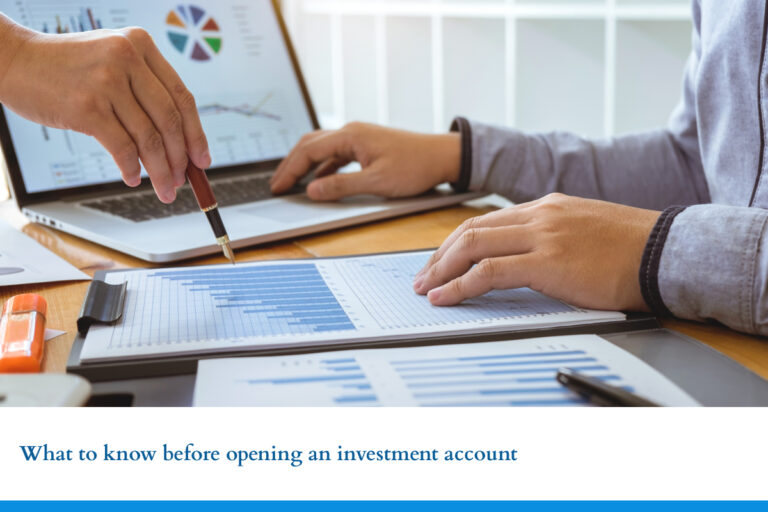Tax time can be stressful! Whether you’re an individual taxpayer or a business owner, the looming tax due date means it’s time to get your finances from the previous year in order. Want to ensure that you have everything in place for this year, and be more prepared for the 2024 due date? Here is our guide to proactive tax planning. We’ve compiled a comprehensive tax planning checklist.
Individual Taxpayers
Review Taxable Income
Evaluate your income sources for the year, including employment income, investments, and any other earnings. You will want to ensure that you have thought of every stream of revenue, for instance, don’t forget about interest income tax!
Utilize Tax Credits and Deductions
Maximize available tax credits and deductions to reduce your taxable income. This may include contributions to Registered Retirement Savings Plans (RRSPs), which not only provide tax-deferred growth but also offer immediate tax savings.
Additionally, keep track of eligible expenses such as charitable donations, medical expenses, and tuition fees, as they can be claimed as deductions on your tax return. Ensure you have adequate documentation to support these claims, as the Canada Revenue Agency (CRA) may request proof upon audit.
Contribute to Registered Accounts
Take advantage of contribution limits for Registered Retirement Savings Plans (RRSPs) and Tax-Free Savings Accounts (TFSAs). Contributions to these accounts offer tax-deferred or tax-free growth opportunities, depending on the account type.
Review Tax Withholdings and Installments
Ensure that tax withholdings from employment income align with your tax liabilities. Adjust withholdings or make additional tax installments if necessary to avoid underpayment penalties. The CRA provides online tools and calculators to help you estimate your tax liabilities and determine the appropriate withholding amounts.
Utilize Homeownership Tax Benefits
Explore available tax benefits related to homeownership to maximize savings. For example, first-time homebuyers may qualify for the Home Buyers’ Plan (HBP), which allows you to withdraw funds from your RRSP to purchase or build a qualifying home without incurring tax penalties.
Business Owners
Review Business Expenses
Evaluate deductible business expenses. Ensure accurate record-keeping to support expense claims and maximize deductions. By carefully documenting your business expenses throughout the year, you can minimize tax liabilities and optimize your bottom line. Consider consulting with a tax professional to identify eligible deductions and ensure compliance with tax regulations.
Consider Incorporation
Assess the feasibility of incorporating your business to take advantage of tax benefits, such as lower corporate tax rates and enhanced liability protection. While incorporation involves additional administrative requirements and costs, it can offer significant tax advantages, especially for businesses with substantial profits. Consult with a tax advisor to evaluate the potential tax savings and legal implications of incorporating your business.
Utilize Small Business Deductions
The Canadian government offers many tax programs to help small businesses grow. These can significantly reduce your corporate tax liability and free up cash flow for reinvestment or expansion. Be aware of the eligibility criteria and limitations associated with small business deductions to ensure compliance with tax regulations!
Review Employee Benefits
Evaluate employee benefit programs to ensure compliance with tax regulations and maximize tax-efficient compensation structures. Consider offering tax-advantaged benefits such as health and dental plans, retirement savings programs, and employee stock options to attract and retain top talent. Consult with a benefits specialist to design a customized employee benefits package that aligns with your business objectives and tax strategy.
Effective year-end tax planning is essential for individuals and businesses alike to optimize tax positions and minimize liabilities. By following this comprehensive checklist, you can proactively manage your finances and take advantage of available tax-saving opportunities. However, navigating the complexities of tax planning can be challenging without professional guidance.
The Value of Having an Accountant
While this checklist provides a solid foundation for tax planning, the expertise of a qualified accountant can offer invaluable assistance in navigating intricate tax laws and regulations. Accountants possess the knowledge and experience to tailor tax strategies to your specific circumstances, ensuring compliance with regulations while maximizing tax efficiency. From optimizing deductions to providing strategic advice, accountants are crucial in helping individuals and businesses achieve their financial goals.
Investing in the services of an accountant can provide peace of mind and potentially yield substantial long-term savings. As you embark on your year-end tax planning journey, consider partnering with a trusted accountant to unlock the full potential of your tax strategy and secure your financial future.
At MMT we have ample experience in providing comprehensive tax services to individuals and businesses. Contact us today to see how we can help you file this year’s taxes, and make filing next year simple!





